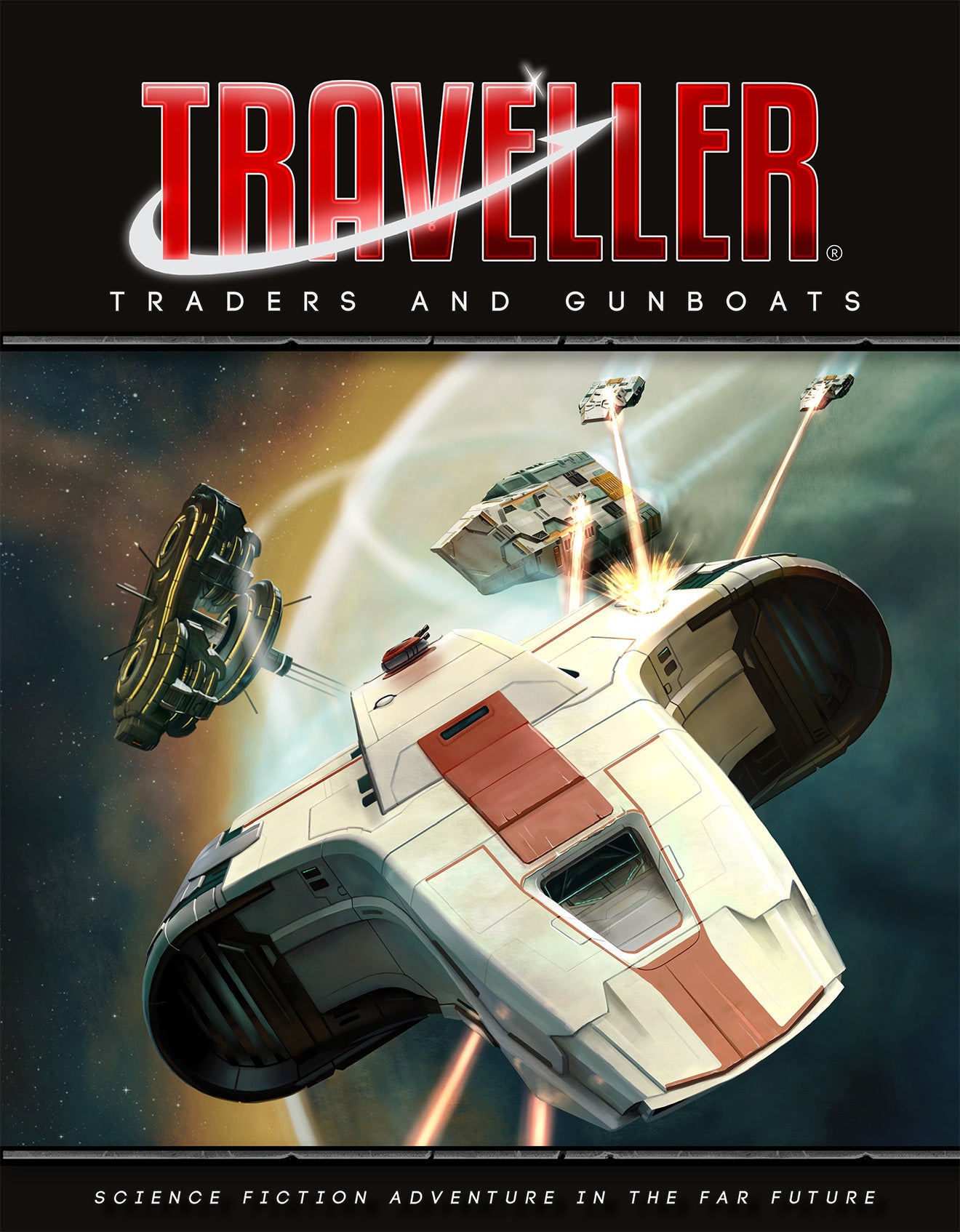Theory of Games
Storied Gamist
Preparation is fundamental to the creation of entertaining ttrpg one-shots and campaigns. Consider the best published ttrpg adventures and how much preparation was required to create them. Great adventures, great scenes that get a group of players interested and engaged don't happen by accident. Can a GM adept at storytelling pull a fun adventure out of their butt? It happens, but that's the exception not the rule here. Running ttrpgs WELL is a skill that requires practice and regular education and more practice.I think it is time to.finally kill prep. Games and adventures should be designed such that they can be used with little to no preparation. That can mean a lot of different things, but definitely includes embracing layout and art/cartography that informs. It means ending "paid by the word" style walls of prose. And it means tearing down the explicit divide between players and GMs.
I watch way too many streamed ttrpg actual plays on YouTube and ..... the hundreds of sessions have proven to me that good GMs are are very rare creatures. In AD&D Monster Manual terms, that means about 4% of all streamed ttrpg adventures feature a GM who knows what they are doing. Which means most players aren't getting the experience they really want from the hobby.
The "explicit divide" between players and GMs is Game Mastery: using maps, creating interesting NPCs, knowing the rules, setting expectations, handling OOC issues, creating scenes that interest the players and challenge their characters, reward players for exceptional RP, plus more - and all that starts with PREPARATION.
And experienced players and GMs can tell when a GM is winging it. We can tell when a GM isn't familiar with the rules. We can tell when a GM hasn't prepared the combat scenarios. We can tell when NPCs haven't been fleshed-out. We can tell when the GM isn't familiar with the setting. And IMNSHO when GMs "wing-it", the adventure SUCKS. As A player, I have - and will continue to - dropped out of ttrpg sessions because I can tell the GM hasn't prepped their material. Say what you want about Matt Mercer but that guy is a Gamemaster. He knows his stuff and it's deeper than voice-acting. Do you think he just "wings it"? Of course not, and that's why his campaigns have been so entertaining for so many people.
In life, if you look at the people who are the very best at what they do, understand that preparation is foundational to their work ethic and resultant success. Doesn't matter what occupation. Again, sure, you can run ttrpgs with little or no prep. But, that experience will almost never be as engaging for a group as when done by a GM who has prepped their material and is ready to game.
Back on topic: What does the ttrpg hobby need? The same thing it's always needed and the reason why I started running games in the first place:
We need more players to step into the GM chair and run games for the thousands of players out here.


